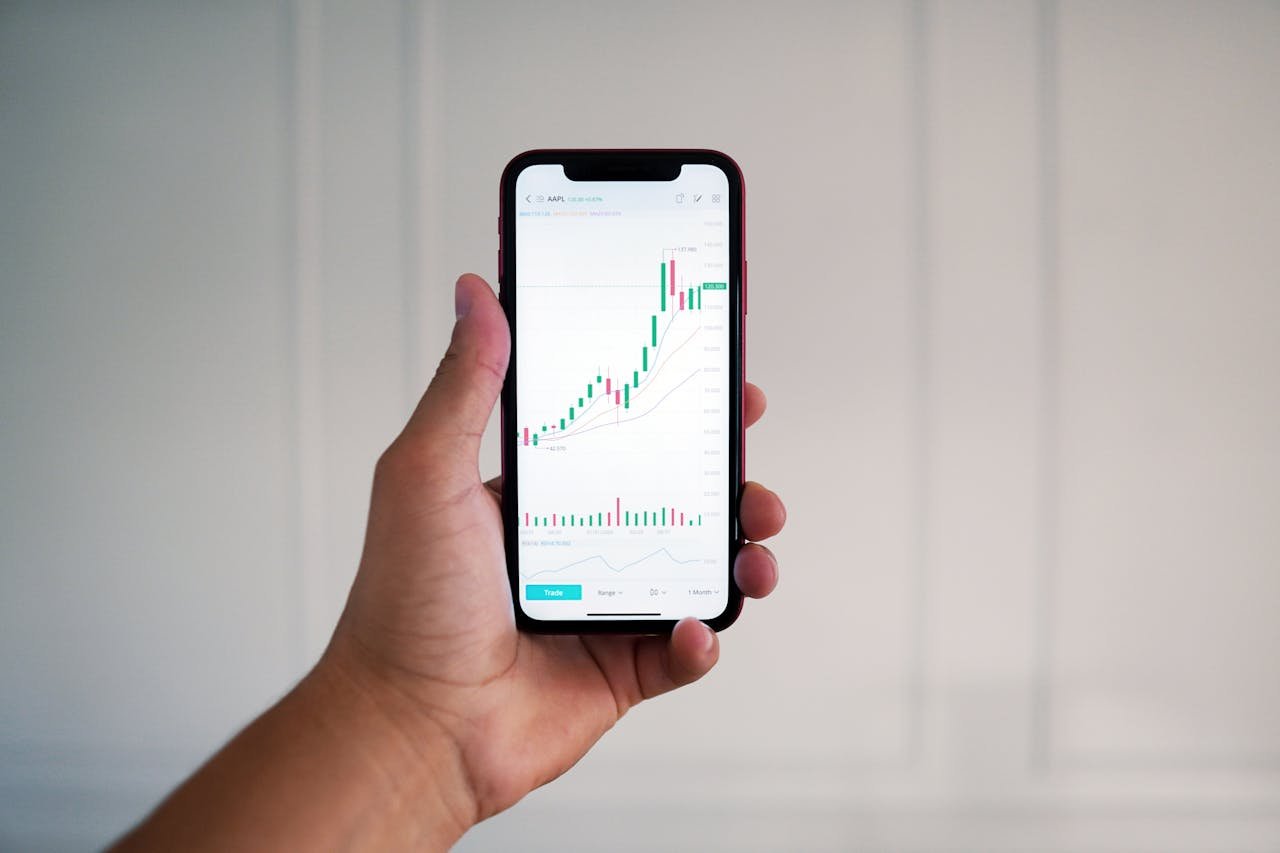In the bustling world of Forex trading, liquidity is a cornerstone of market efficiency and stability. But who ensures that the market remains liquid and that transactions are executed smoothly? The answer lies in liquidity providers. These financial entities play a crucial role in maintaining the flow of currency trades and ensuring that traders can buy and sell with ease. This blog delves into the role of liquidity providers in Forex trading, their impact on the market, and why they are integral to successful trading operations.
What Are Liquidity Providers?
Liquidity providers (LPs) are financial institutions or entities that facilitate the buying and selling of currencies in the Forex market. Their primary role is to ensure that there is always enough supply and demand in the market to enable smooth and efficient trading. LPs include:
- Banks: Major banks are among the largest liquidity providers in the Forex market. They facilitate large volumes of trades and offer competitive bid and ask prices.
- Hedge Funds: These investment funds engage in large-scale currency trading and contribute significantly to market liquidity.
- Brokerage Firms: Some brokerage firms act as liquidity providers themselves, especially in the retail Forex market. They aggregate liquidity from various sources to offer competitive prices to their clients.
- Market Makers: These are specialized financial firms that quote both buy and sell prices for currencies, providing liquidity and facilitating trades.
How Liquidity Providers Impact the Forex Market
- Market Efficiency:
Liquidity providers ensure that there is always a buyer and a seller for any given currency pair, which helps to keep the market efficient. Their involvement reduces the likelihood of significant price discrepancies and helps maintain orderly market conditions. - Tight Spreads:
By offering competitive bid and ask prices, liquidity providers help narrow the spreads—the difference between the buying and selling prices of a currency pair. Tighter spreads mean lower trading costs for traders, which can significantly impact overall profitability. - Price Stability:
High liquidity provided by LPs helps absorb large trades without causing significant price fluctuations. This stability is crucial for traders, as it reduces the risk of slippage—when the actual execution price deviates from the expected price. - Market Depth:
Liquidity providers contribute to the depth of the Forex market. A deeper market can handle larger orders without moving the price too much, which is essential for institutional traders and those executing large trades. - Order Execution:
LPs help ensure that trades are executed quickly and at desired prices. This is particularly important during times of high volatility or when trading large volumes, as it reduces the risk of delays and partial fills.
Types of Liquidity Provision Models
Different models of liquidity provision can affect how trades are executed and the overall trading experience:
- Direct Market Access (DMA):
In this model, traders interact directly with the market through LPs. This is typically used by institutional traders who need high-speed execution and access to the interbank market. - STP (Straight Through Processing):
STP brokers pass orders directly to liquidity providers without internal manipulation. This model often offers transparent pricing and faster execution, as there is no dealing desk intervention. - ECN (Electronic Communication Network):
ECN brokers connect traders with multiple liquidity providers, allowing for direct access to the interbank market. This model provides tight spreads and deep market liquidity but may charge a commission on trades. - Market Making:
In the market-making model, brokers act as liquidity providers by setting their own bid and ask prices. They facilitate trades for clients but may also take the opposite side of trades, which can introduce a conflict of interest.
Choosing a Broker with Good Liquidity
When selecting a Forex broker, the quality of liquidity provision can significantly impact your trading experience. Here’s what to look for:
- Reputation of LPs: Ensure that the broker partners with reputable liquidity providers. This can affect the quality of execution, spreads, and overall trading conditions.
- Execution Speed: Look for brokers that offer fast execution speeds. Delays can be detrimental, especially in fast-moving markets.
- Transparency: Choose brokers that provide clear information about their liquidity sources and execution policies. Transparency can help you understand how your orders are handled and the quality of the execution you can expect.
- Spreads and Costs: Assess the spreads and additional costs associated with trading. Brokers with tight spreads and low transaction costs generally provide better trading conditions.
Conclusion
Liquidity providers are vital to the functioning of the Forex market, ensuring that trades can be executed efficiently and with minimal impact on market prices. Their role in maintaining market efficiency, price stability, and tight spreads cannot be overstated. For traders, understanding the role of liquidity providers and choosing a broker that partners with reputable LPs can enhance trading conditions, reduce costs, and improve overall trading performance. As you navigate the Forex market, keep in mind the importance of liquidity and select your trading partners accordingly to optimize your trading experience. Happy trading!

